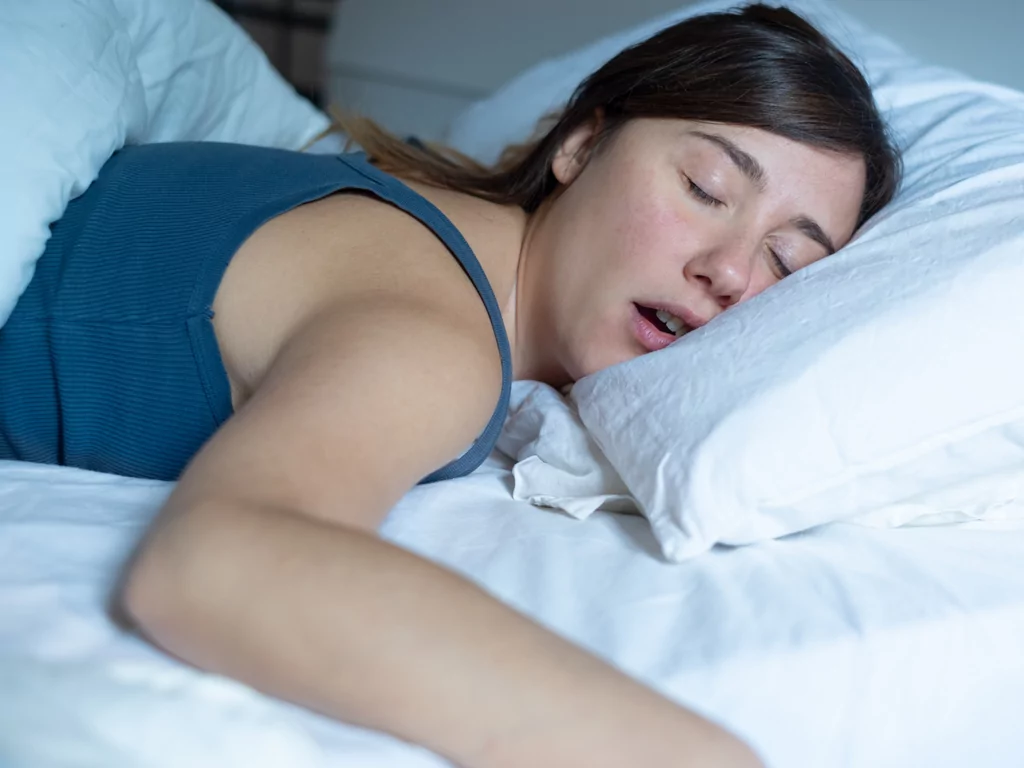 To treat your snoring, your doctor likely will first recommend lifestyle changes, such as:
To treat your snoring, your doctor likely will first recommend lifestyle changes, such as:
- Losing weight
- Avoiding alcohol close to bedtime
- Treating nasal congestion
- Avoiding sleep deprivation
- Avoiding sleeping on your back
For snoring accompanied by OSA, your doctor may suggest:
- Oral appliances. They are custom-fit mouthguards that help improve the position of your jaw, tongue, and soft palate to keep airways open. If you choose to use oral appliances, you should work with your
You should also work with your sleep specialist to make sure the oral appliance is working as intended. A dental visit may be required at least once every six months for the first year and at least once a year thereafter, to be thoroughly examined in your oral health examination.
Excessive salivation, dry mouth, jaw pain, and facial discomfort are possible side effects of wearing these devices.
- Continuous positive airway pressure (CPAP). This technique involves wearing a mask or nasal pillow on your nose or mouth while you sleep. The mask directs pressurized air from a small pump next to the bed to your airways to keep them open while your CPAP (SEE-pap) relieves snoring and is often used to treat snoring when it is associated with OSA.
Although CPAP is a reliable and effective method of treating OSA, some people find it uncomfortable or have trouble adjusting to the sound or feel of the machine. - Upper airway surgery. There are many methods that aim to open the upper airways and prevent excessive narrowing during sleep through different methods.For example, in a procedure called uvulopalatopharyngoplasty (UPPP), you receive general anesthesia, and your surgeon closes and cuts tissue in your throat – a kind of facelift for your throat. Another technique called maxillomandibular advancement (MMA) involves moving the upper and lower jaw forward, which helps open the airway. High-frequency tissue ablation uses low-frequency radio frequency signals to soften tissue on the palate, tongue, or nose. A new surgical procedure called hypoglossal nerve stimulation uses stimulation placed on the nerves that control the movement of the tongue so that the tongue does not block the airway. The effectiveness of these surgeries varies, and response can be difficult to predict.
Dr. Montz, Dr. Maher, or Dr. Dunwody at Houston Sleep Solutions South will be able to help you determine if sleep apnea treatment is right for you. Contact us now.
Locations (Tap to open in Google Maps):
2443 S Galveston Ave
Pearland, Texas 77581
Pearland Phone: 281-485-48291769 S. Friendswood Dr. Ste 107
Friendswood, TX 77546
Friendswood Phone: 281-482-1275
